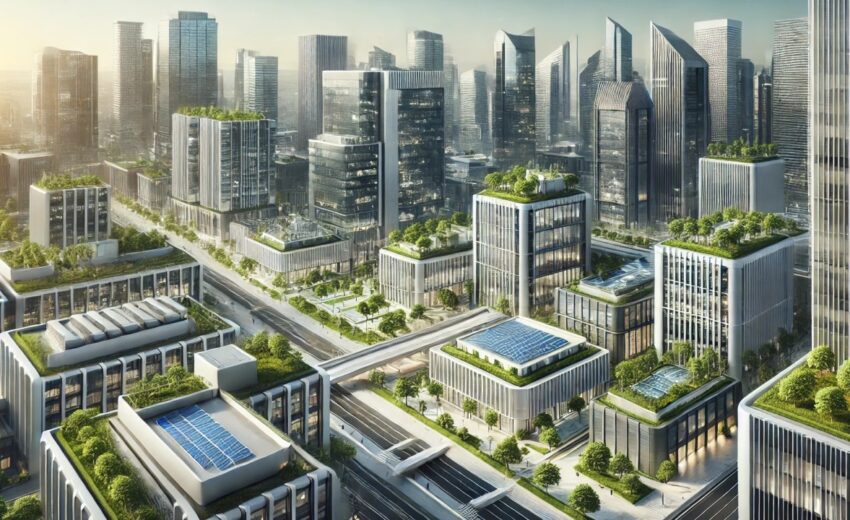As global challenges like climate change and energy sustainability dominate the agenda, the HVAC industry is stepping up with cutting-edge advancements that redefine comfort and efficiency. Often overlooked but indispensable, HVAC systems are now at the forefront of technological evolution, aligning with modern demands for smarter and greener solutions.
In this article, we unveil 10 transformative innovations that are setting new benchmarks in HVAC design and functionality, paving the way for a sustainable and intelligent future.
Adaptive Air Conditioning with Movement Activation
A game-changer in energy conservation, movement-activated air conditioning systems utilize advanced motion sensors to cool spaces only when occupied. This technology significantly reduces energy consumption and operating costs while promoting environmental sustainability.
Thermally Driven Cooling Systems
Revolutionizing energy efficiency, thermally driven air conditioners harness waste heat to power refrigeration cycles. This innovation eliminates the need for external power sources, reducing both energy dependency and greenhouse gas emissions.
Next-Generation Hot Water Recirculators
Designed for speed and efficiency, on-demand hot water recirculators deliver instant hot water, cutting down energy waste and wait times. With options ranging from tankless to solar-powered systems, they represent the epitome of modern utility.
Ice-Powered Cooling Systems
Innovative and eco-conscious, ice-powered HVAC systems use frozen water vapor to cool buildings. This approach offers unparalleled energy efficiency, making it a preferred choice for organizations committed to sustainability.
Intelligent Ventilation with Sensor Integration
Sensor-enhanced ventilation (SEV) systems use advanced sensors to monitor and adjust airflow based on real-time environmental conditions. By optimizing ventilation rates, these systems can reduce energy usage by up to 30%, ensuring both comfort and efficiency.
Hybrid Heating: Dual-Fuel Heat Pumps
Blending two energy sources, such as electricity and natural gas, dual-fuel heat pumps offer unmatched adaptability and efficiency. They help reduce operational costs and contribute to a lower carbon footprint, making them ideal for future-ready infrastructure.
Geothermal Heat Exchange Systems
Harnessing the earth’s stable underground temperatures, geothermal heat pumps deliver sustainable heating and cooling solutions. By reducing reliance on conventional energy, these systems offer an eco-friendly alternative that aligns with modern environmental standards.
Smart HVAC in Connected Homes
The integration of smart HVAC systems into IoT-enabled homes allows for remote monitoring, automation, and predictive adjustments. These systems learn occupant behaviour to deliver personalized comfort while minimizing energy use, redefining convenience.
Fully Automated HVAC Ecosystems
Automation is transforming HVAC management. From self-diagnostics to centralized controls via mobile apps, these systems enhance operational efficiency, reduce downtime, and enable precise temperature regulation.
Tailored Cooling with 3D-Printed Air Conditioning
Leveraging 3D printing technology, HVAC systems can now be customized to suit specific architectural requirements. This advancement not only optimizes space utilization but also enhances efficiency and performance, offering bespoke solutions for commercial and residential needs.
Driving Innovation in HVAC: The Corporate Edge
These technological breakthroughs underscore the HVAC industry’s role in shaping sustainable and intelligent built environments. By embracing these innovations, businesses and professionals can lead the charge toward a future where efficiency meets responsibility, ensuring a competitive edge in a rapidly evolving market.









